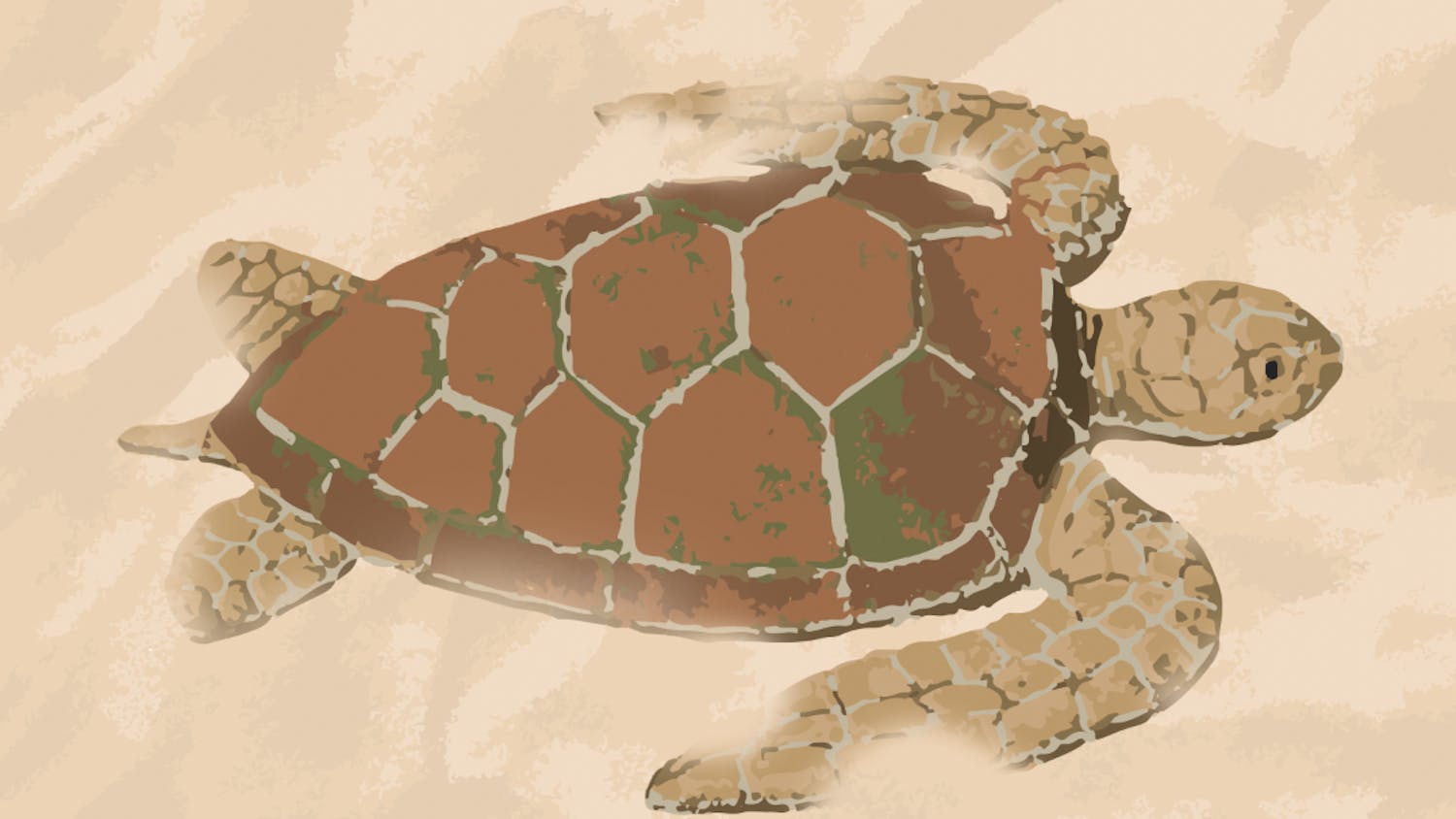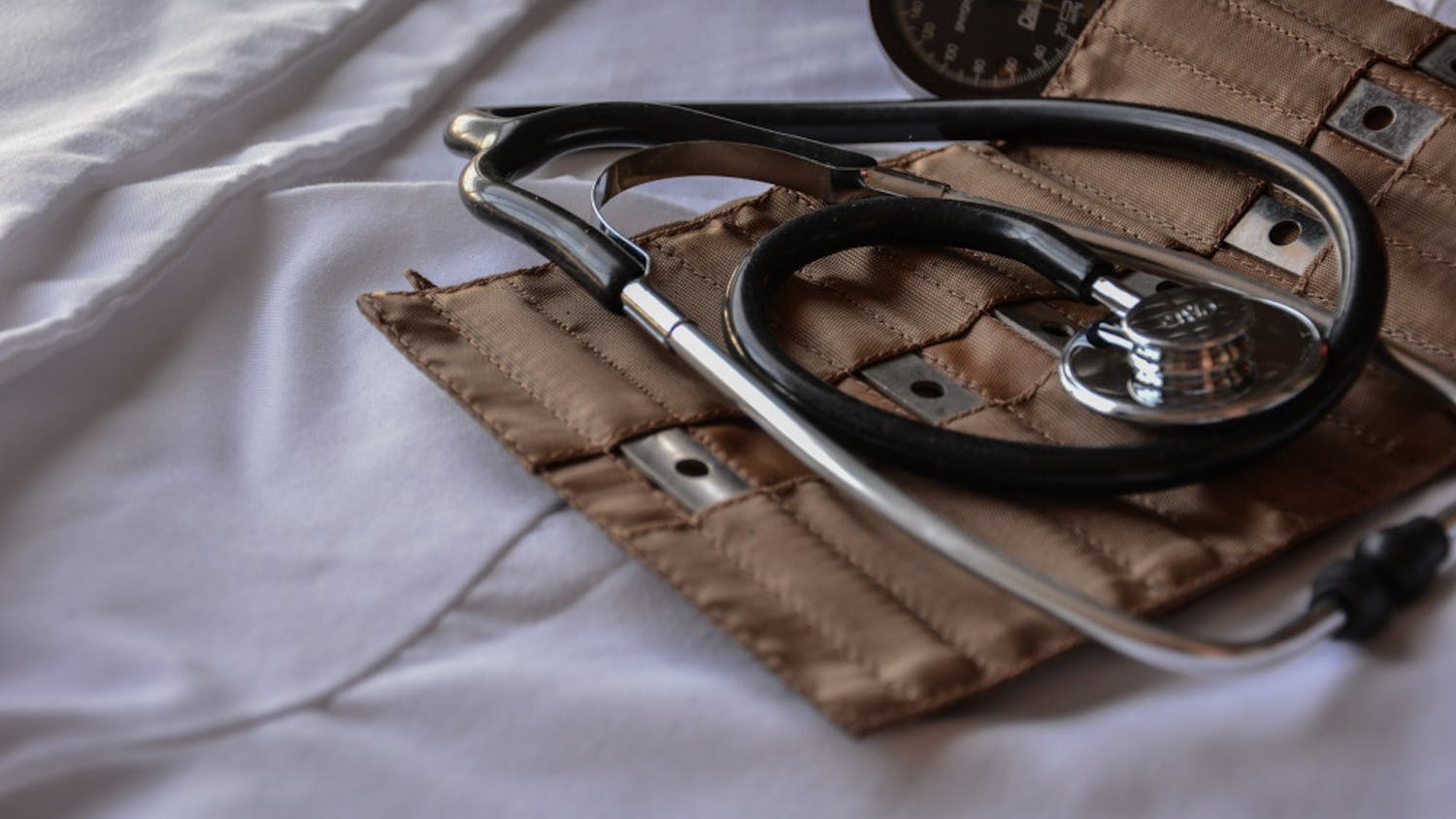UF Health researchers now have a better understanding of hemorrhagic stroke complications that could lead to new treatment options.
A study published Jan. 12 in the Proceedings of the National Academy of Sciences suggests that a patient’s haptoglobin phenotype, a protein in the blood, could potentially serve as a predictor of potential complications for hemorrhagic stroke patients, said Sylvain Doré, the study’s lead author and a UF College of Medicine professor.
The findings could be used to develop a better treatment, he said.
“This was a retrospective study,” he said. “Now it’s a prospective study, looking into the future.”
The study used blood samples and brain imaging to examine the complications that arise after a subarachnoid hemorrhage, which is mostly caused by a rupture of an aneurysm, “the ballooning of an artery,” Doré said.
The results indicate that patients with a certain phenotype were at a higher risk of encountering cerebral vasospasm, or constriction of the arteries, which is one of the most common complications that can arise after a hemmhorage.
“Knowing that these patients are at risk, we would potentially monitor them much closer,” Doré said.
The research team, which worked on the study for about two and a half years, intends to replicate the study to test its findings on other patient populations, said Jenna Leclerc, a UF anesthesiology and neuroscience doctoral student.
“This (study) focuses on vasospasm,” she said. “It would just as easily translate to other patients.”
Leclerc, who co-authored the study, said the findings should provide insight on the comprehension and treatment of other neurological disorders.
“We really need to understand the mechanism first,” Leclerc said. “That is why we want to extend the study further.”
[A version of this story ran on page 9 on 1/20/2015 under the headline “UF study finds DNA predictor for post- stroke complications"]





